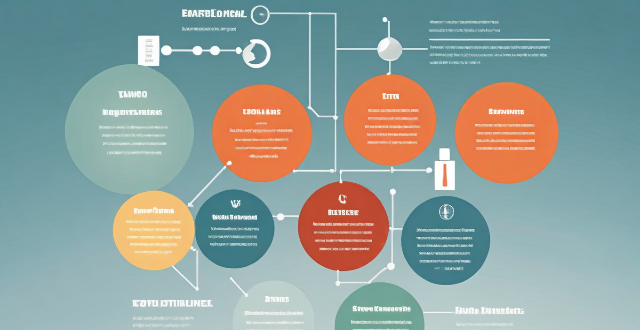World leaders are taking various actions to address the urgent issue of climate change, including setting emission reduction targets, investing in renewable energy, promoting energy efficiency, encouraging sustainable agriculture practices, supporting research and development, and fostering international cooperation.

World Leaders' Actions on Climate Change
Climate change is one of the most pressing issues facing the world today. It is a complex and multifaceted problem that requires global cooperation and action to address. World leaders have recognized the urgency of this issue and are taking various actions to mitigate its effects and reduce greenhouse gas emissions. Some of these actions include:
1. Setting Emission Reduction Targets
Many countries have set targets for reducing their greenhouse gas emissions. For example, the European Union has committed to reducing its emissions by at least 55% by 2030 compared to 1990 levels. Similarly, China has pledged to reach peak carbon emissions by 2030 and achieve carbon neutrality by 2060.
2. Investing in Renewable Energy
World leaders are investing heavily in renewable energy sources such as solar, wind, and hydro power to reduce dependence on fossil fuels. For instance, Germany has set a target of generating 80% of its electricity from renewable sources by 2050. India has also launched ambitious plans to install 175 GW of renewable energy capacity by 2022.
3. Promoting Energy Efficiency
Energy efficiency is another key area where world leaders are taking action. Many countries are implementing policies to promote energy-efficient buildings, appliances, and transportation systems. For example, Japan has introduced strict energy efficiency standards for appliances and buildings, while France has implemented a tax on air pollution to encourage the use of cleaner vehicles.
4. Encouraging Sustainable Agriculture Practices
Agriculture is a significant contributor to greenhouse gas emissions, mainly through deforestation and livestock farming. World leaders are promoting sustainable agriculture practices such as agroforestry, organic farming, and regenerative agriculture to reduce these emissions. For example, Brazil has implemented a program to restore degraded pastures and promote sustainable livestock production.
5. Supporting Research and Development
Research and development play a crucial role in finding new solutions to climate change. World leaders are supporting research into areas such as carbon capture and storage, clean energy technologies, and climate adaptation strategies. For example, the United States has invested billions of dollars in research funding for clean energy technologies through its Department of Energy.
6. International Cooperation
Addressing climate change requires global cooperation and coordination. World leaders are working together through international organizations such as the United Nations Framework Convention on Climate Change (UNFCCC) to negotiate binding agreements and share best practices. The Paris Agreement, signed by nearly 200 countries, is one such example of international cooperation on climate change.
In conclusion, world leaders are taking various actions to address the urgent issue of climate change. These actions range from setting emission reduction targets to investing in renewable energy, promoting energy efficiency, encouraging sustainable agriculture practices, supporting research and development, and fostering international cooperation. While there is still much work to be done, these efforts show a commitment to tackling climate change and creating a more sustainable future for all.